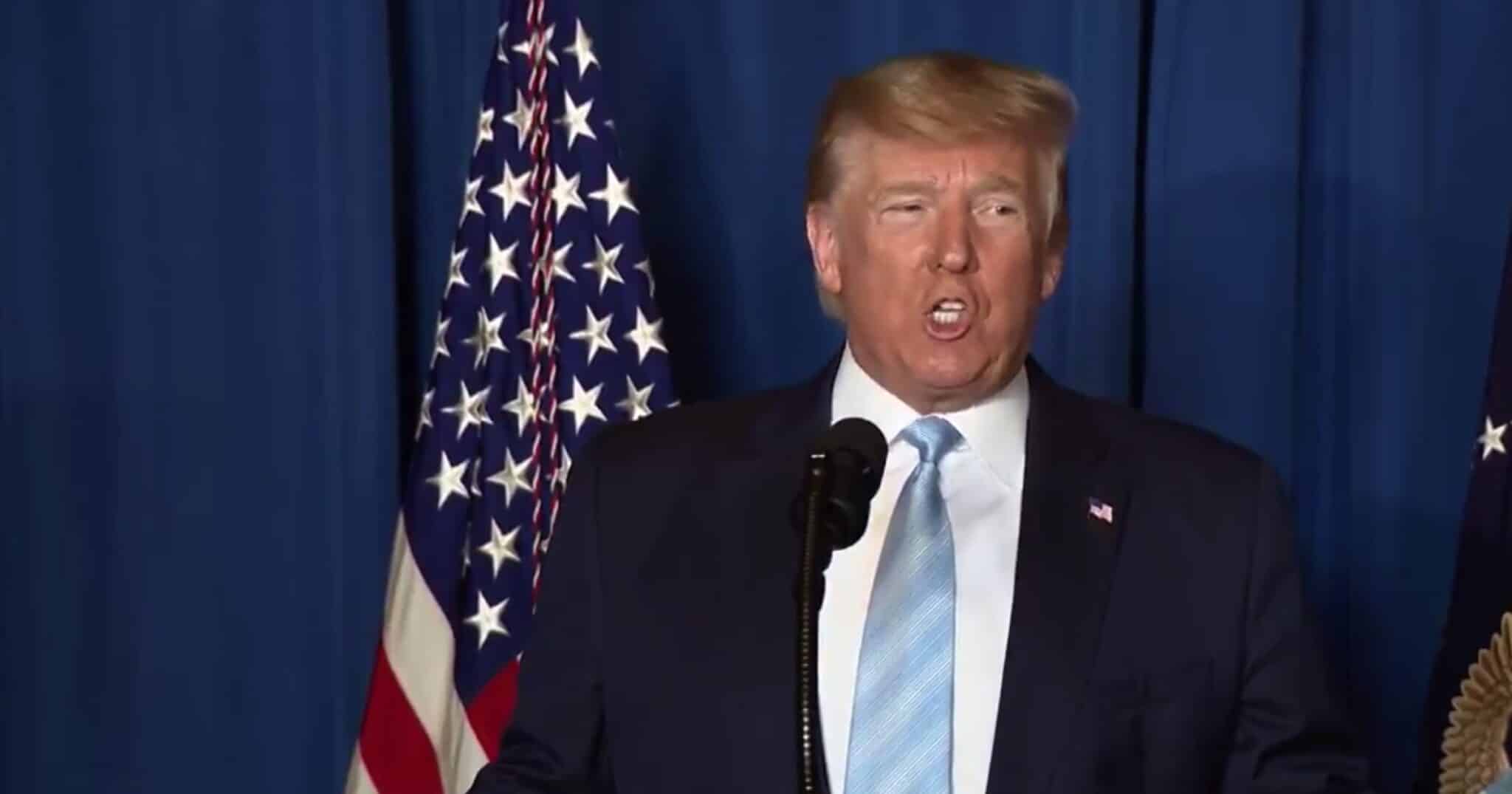








Parents Defending Education Action has officially backed Linda McMahon for Secretary of Education, a choice by President-elect Donald Trump that emphasizes her broad experience in business, politics, and education.
Breitbart reported that the organization, along with the Republican Governors Association, is calling for a quick confirmation, amidst Trump's plan to dismantle the federal education department and shift control to the states.
Parents Defending Education Action, a nonpartisan advocacy group, began advocating for the rapid approval of McMahon's appointment. The group, through its Director of Federal Affairs, Michele Exner, addressed Senate committee leaders in a push for swift action.
Exner's letter was directed to Senators Bill Cassidy and Bernie Sanders. The note was sharply critical, specifically pointing to perceived failings in the Biden-led Department of Education. Exner emphasized that many families have experienced frustration and are eager for a change in leadership.
Joining the call for expedited confirmation, the Republican Governors Association also expressed support for McMahon. The governors communicated with Senator Cassidy and Senate Majority Leader John Thune, again stressing the need for prompt confirmation proceedings.
According to the governors, parents nationwide are relying on Trump's education policies, and McMahon's leadership is considered essential.
McMahon comes into the role having previously served as head of the U.S. Small Business Administration, along with positions on the Connecticut Board of Education and the board of Sacred Heart University. Her diverse experience is seen as a key asset by her supporters.
However, McMahon's confirmation process has been delayed due to issues related to paperwork. These delays have added a layer of complexity to an already contentious nomination. Despite these bureaucratic hurdles, her supporters remain optimistic about her capabilities and what she could achieve in the role.
Trump's agenda has been clear in its intent to reshape the nation's educational framework. His proposal includes closing down the Department of Education on a federal level—that federal responsibilities be distributed to individual states.
A study sponsored by Parents Defending Education supports this localism stance. It indicated that a majority of parents in the U.S. are in favor of diminishing the influence and size of the federal education office. McMahon, as per the Republican Governors Association, appears well-suited to execute these changes.
The governor's group characterized McMahon as a rare individual, combining business acumen with governmental insight. Her past leadership at the Small Business Administration is touted as a significant asset, suggesting she can seamlessly navigate federal and local government dynamics.
A statement from Trump regarding McMahon framed her as an advocate for educational choice, aiming to extend choice to every state.
For families across the nation, this vision potentially offers not only diversity but also increased control over educational options.
The Republican Governors Association echoed this sentiment, noting that McMahon's approach would contrast with the previous administration by avoiding the imposition of uniform, national policies. Instead, her focus would be on granting parents the autonomy to make optimal decisions for their children's education.
These proposed reforms come as Trump reiterates his plan to transfer educational control back to states. He remarked that his administration would quickly proceed to dissolve the department in Washington, D.C., in favor of state-managed education programs.
McMahon's supporters look forward to an administration that prioritizes educational choice and state leadership. With the current dissatisfaction with federal policies, this represents a shift towards more diversified educational systems.


